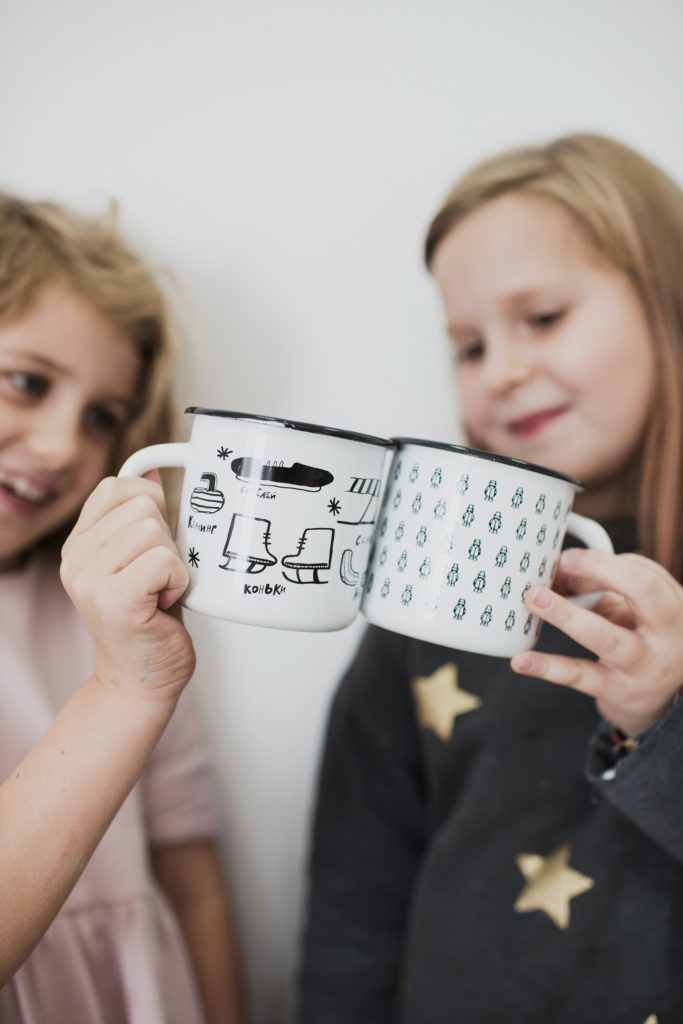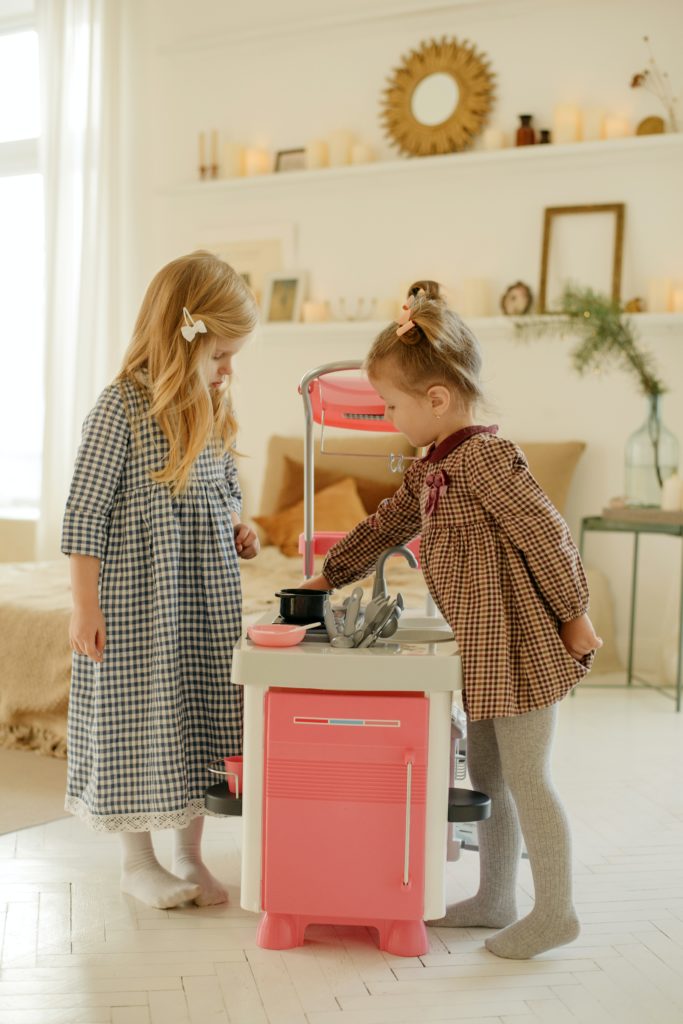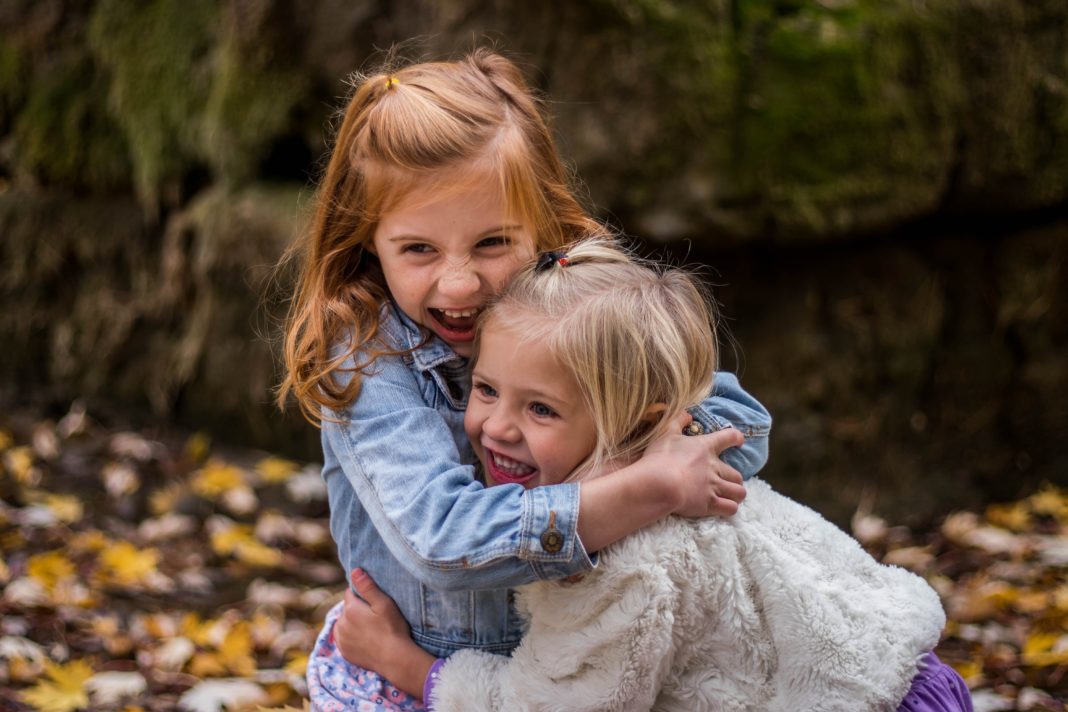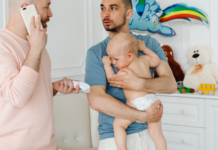It is normal to worry about our children’s development and constantly ask ourselves questions about it, like the one we have all asked ourselves at some point: why doesn’t my child interact with other children? After all, there are so many milestones to look at and so many other children to compare them to…. The most important thing to remember is that every child is different. If you are worried that your child is not socialising with other children, there are a number of reasons for this. Some of these may be related to both the age and development of the child, as these play a very important role in socialisation and sociability.
In this article, we will look at some of the social milestones you can expect from your child between 1 and 4 years of age. Keep in mind that these are general guidelines, so if your child is just outside the range, there is probably nothing to worry about.
If you are concerned that there is a more serious problem, do not hesitate to contact your health adviser or paediatrician.
Socialisation in children up to 12 months
Up to the age of one year, your baby will pick up most of his social cues from you. You may notice that they start to point to things they want, greet familiar people with a smile (or a shout!) and interact with you by giving you toys and other objects. During this time it is important that you interact with your child by talking, singing, reading books and playing games, as during this early stage, he is beginning to recognise her surroundings.

Socialisation in children up to 2 years of age
At this age, your child can interact with the people around them, but will still prefer to play with their parents. At 2 years old, you can expect your child to play with other children, rather than with them: sharing can be difficult at this stage, and you may hear a lot of “he’s mine! Remember that they are beginning to understand their feelings and sensations, and it is normal for them to struggle to control their emotions.
Give your child time to be with other children, even if it seems like they are just playing next to each other. He will also need a lot of time to adjust to situations, it is normal for him to need you by his side.
Socialisation in children up to 3 years of age
At the age of 3 your child may start to look for other people to play with. They will also start to enjoy imaginative play, such as dressing up and creating voices for their toys.
At this point, you will still be your child’s biggest teacher, so ask lots of questions and spend time engaging with your child throughout the day. To help your child deal with big emotions, you can start labelling their emotions and yours. This shows them that emotions are a normal part of life and not to be afraid of them, and will even encourage self-esteem.

Socialisation in children up to 4 years of age
Your child will begin to enjoy playing with others, although he or she may still be reluctant to share toys and activities. You may notice more hugs and kisses from your child than before, as well as a greater desire to be independent.
Look for activities that allow your child to play without too many rules – rules can ruin the fun! You can sign your child up for a team sport or activity to encourage sociability and make sure you are there to support them.
Surely, with the four signs we have pointed out, you will not have to ask yourself again why your child does not relate to other children. At the same time, if you think that your child does not respond to what we have mentioned or has little or no interest in the people around them, it is advisable to see a paediatrician and get advice from a specialist.
At what age did your child start playing with other children? Let us know in the comments!












